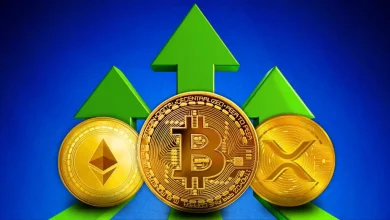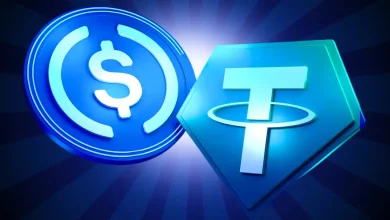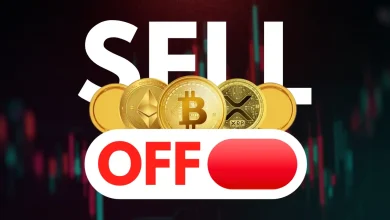
John Deaton Weighs In on Ripple Case Delay – Pro-XRP lawyer believes Judge Torres may approve Ripple's motion, but criticizes legal strategy.
Ripple’s Legal Cloud Hurts Business Growth – Ongoing injunction and political risks could push partners toward rivals like Circle.
Pro-XRP lawyer John Deaton recently shared his thoughts on why Judge Analisa Torres hasn’t fully ended the Ripple vs. SEC lawsuit, despite growing support for crypto in the U.S., including from Donald Trump.
Deaton explained that while the crypto world is moving forward, with talks about making America a crypto leader and new stablecoin regulations on the way — Ripple is still stuck under a legal cloud. The SEC previously accused Ripple of selling XRP as an unregistered security, and although Ripple won a partial victory last year, there’s still an old court order (called an injunction) hanging over the company.
Ripple wants this issue cleared up for good because it affects their business deals and partnerships. Big companies and banks might choose to work with other firms like Circle instead of Ripple just to avoid legal headaches.
What’s Holding It Up?
Deaton says there’s about a 70% chance the judge will eventually approve Ripple’s request to end the case and reduce its fine from $125 million to $50 million. But it’s not a sure thing. Judges have to follow the law carefully, and asking a judge to change a ruling isn’t easy, especially when the SEC had originally pushed for harsh penalties against Ripple.
Another worry is politics. Deaton pointed out that if future elections swing power back to anti-crypto lawmakers like Senator Elizabeth Warren, new regulators could bring fresh problems for Ripple and the crypto industry.
Why Deaton Expected More From Ripple’s Lawyers
Deaton said he thought Ripple’s legal team would fight harder to highlight how unfair it is to let this case drag on. He expected them to remind the judge about the public’s interest in crypto and how over 75,000 XRP holders had spoken up in court. He was surprised they didn’t focus more on how Ripple’s situation affects everyday investors and the wider market.
Even Ripple CEO Brad Garlinghouse recently admitted he’s a little uneasy, even though lawyers keep telling him not to worry.
Final Thoughts
In the end, Deaton said that Judge Torres will probably approve Ripple’s request — mainly to avoid wasting court time and resources if Ripple continues appealing. But he also admitted it’s a tricky situation, and while Ripple’s legal team seems confident, he personally would have pushed harder.
Never Miss a Beat in the Crypto World!
Stay ahead with breaking news, expert analysis, and real-time updates on the latest trends in Bitcoin, altcoins, DeFi, NFTs, and more.
FAQs
Modifying a final court order typically requires “exceptional circumstances” or “material and substantial change in circumstances.” This is difficult because courts prioritize finality, and merely convenience for the parties is usually insufficient justification.
The outcome could set a strong precedent. If Ripple’s request for modification is granted, it might signal a more lenient approach from the SEC, potentially encouraging settlements and clearer regulatory guidelines for other crypto companies, reducing “regulation by enforcement.”
The lawsuit has been prolonged due to complex legal arguments over XRP’s security status, extensive discovery, appeals, and the current joint motion requiring Judge Torres to modify her prior orders to finalize a settlement.
Trust with CoinPedia:
CoinPedia has been delivering accurate and timely cryptocurrency and blockchain updates since 2017. All content is created by our expert panel of analysts and journalists, following strict Editorial Guidelines based on E-E-A-T (Experience, Expertise, Authoritativeness, Trustworthiness). Every article is fact-checked against reputable sources to ensure accuracy, transparency, and reliability. Our review policy guarantees unbiased evaluations when recommending exchanges, platforms, or tools. We strive to provide timely updates about everything crypto & blockchain, right from startups to industry majors.
Investment Disclaimer:
All opinions and insights shared represent the author's own views on current market conditions. Please do your own research before making investment decisions. Neither the writer nor the publication assumes responsibility for your financial choices.
Sponsored and Advertisements:
Sponsored content and affiliate links may appear on our site. Advertisements are marked clearly, and our editorial content remains entirely independent from our ad partners.








